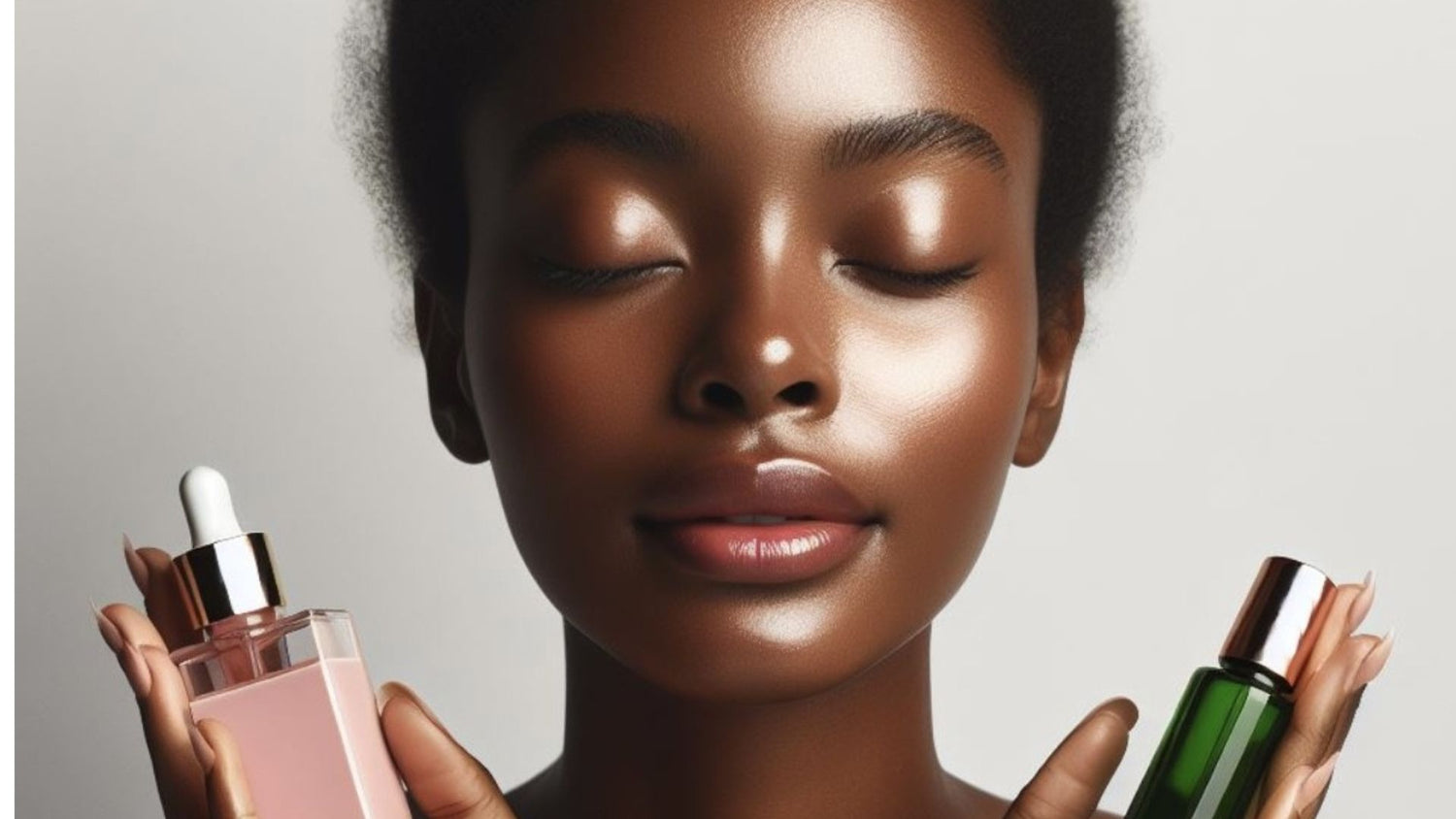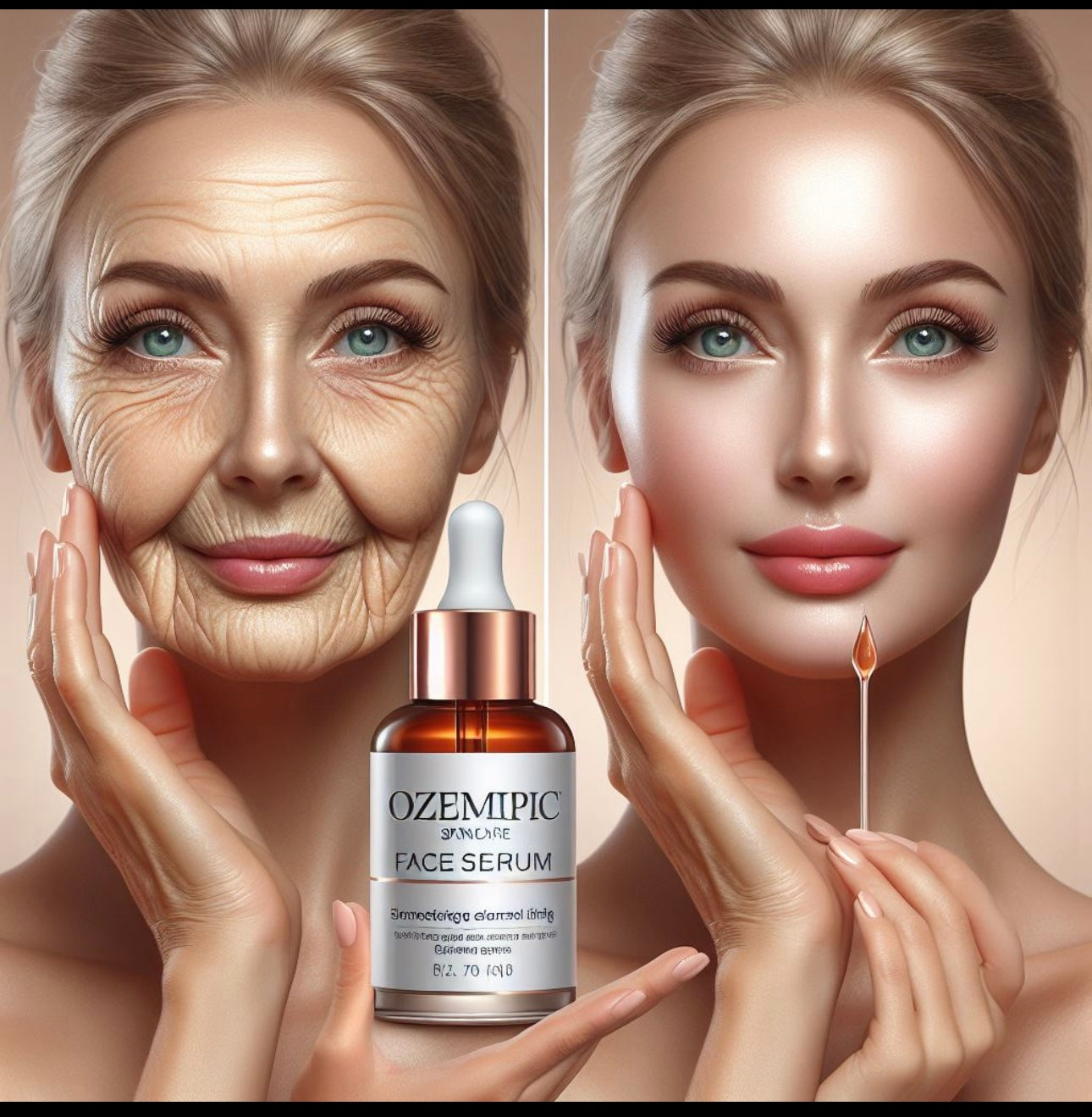 Frankly, we’re getting tired of giving you stories that link cancer and makeup. We’re not sure what R&D scientists are out there gunning for those of us wearing lipstick and eye shadow, but it sure sounds like they want us to look like Charlize Theron in Monster: unkempt, unwashed, sans makeup. Thanks to scientists from Baylor University Medical Center in Dallas, Texas, you can now feel really scared wearing innocent lip gloss. Here’s the official start to the story:
Frankly, we’re getting tired of giving you stories that link cancer and makeup. We’re not sure what R&D scientists are out there gunning for those of us wearing lipstick and eye shadow, but it sure sounds like they want us to look like Charlize Theron in Monster: unkempt, unwashed, sans makeup. Thanks to scientists from Baylor University Medical Center in Dallas, Texas, you can now feel really scared wearing innocent lip gloss. Here’s the official start to the story:
Gone are the days when we slathered baby oil on our skin to accelerate a tan. But women who pile on the lip gloss are similarly heightening their risk of skin cancer, a recent study finds. Scientists from Baylor University Medical Center in Dallas, Texas, claim that a shiny coating of lip gloss on the surface of the lips attracts more of the sun’s damaging rays and magnifies their intensity as they penetrate the skin. In addition, oils in the gloss compromise the natural protective layer of the outer lip.
The resulting sun damage can lead to actinic cheilitis, a precancerous condition of cracking and peeling lips. The condition can then morph into squamous cell carcinoma, which is the most frequently diagnosed skin cancer of the lip. Though not health-threatening, brown spots and actinic keratosis’ a scaly patch of skin that can turn into a wart-like bump if not treated are potential lip disfigurements also caused by the sun. TMI? Maybe. But if you get these symptoms, don’t say we didn’t warn you.
Fortunately there’s no need to forgo shiny smackers when products abound to protect and perfect your pout. Just make sure that a lip product with an SPF of 15 or higher is part of the equation. Apply a sun-protective coat of lip balm or lipstick (e.g., Neutrogena Lip Moisturizer, $3.49; Vincent Longo Wet Pearl Lipstick, $23) before layering on the lip gloss, or go straight to a gloss with SPF 15 protection, such as Clinique Long Last Glosswear, $14.
It should be noted that some reputable dermatologists are challenging the findings of the Baylor University scientists. But as the debate wears on, why not err on the side of caution and step up the sun protection? Until proven otherwise, your lips are at stake.




